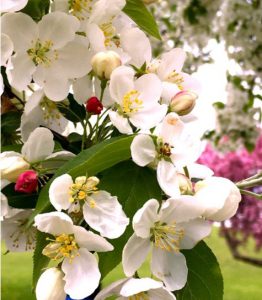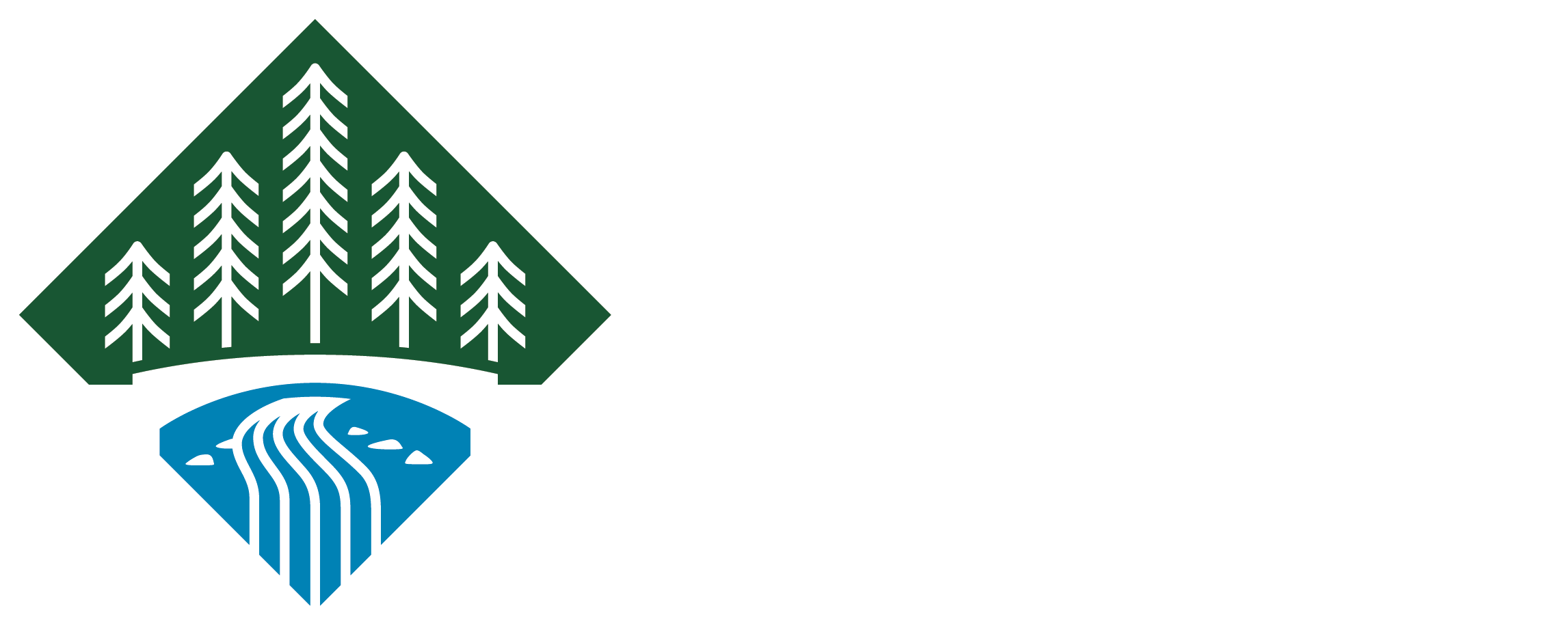 Pollination helps the plants and the pollinators. Plants need pollination so they can form seeds and fruit to reproduce. There are estimated to be 300,000 species of flowering plants worldwide that need pollination. Some of these plants are food sources for humans – for example, apples, pears, and oranges. If there aren’t pollinators to move the pollen around, these plants won’t produce seeds or fruit.
Pollination helps the plants and the pollinators. Plants need pollination so they can form seeds and fruit to reproduce. There are estimated to be 300,000 species of flowering plants worldwide that need pollination. Some of these plants are food sources for humans – for example, apples, pears, and oranges. If there aren’t pollinators to move the pollen around, these plants won’t produce seeds or fruit.
Pollinators often use the pollen as a food source or to produce nectar which they use as a food source. Nectar is a carbohydrate and pollen provides proteins, fats, and vitamins. Researchers are looking at how nutritional needs vary across species. They’re also looking at how yearly changes – a wet summer or a dry spring – might change the nutritional value of a plant’s pollen.
The photo above is courtesy of Penn State. These apple blossoms are from Penn State’s fruit research farm in Biglersville, PA.

